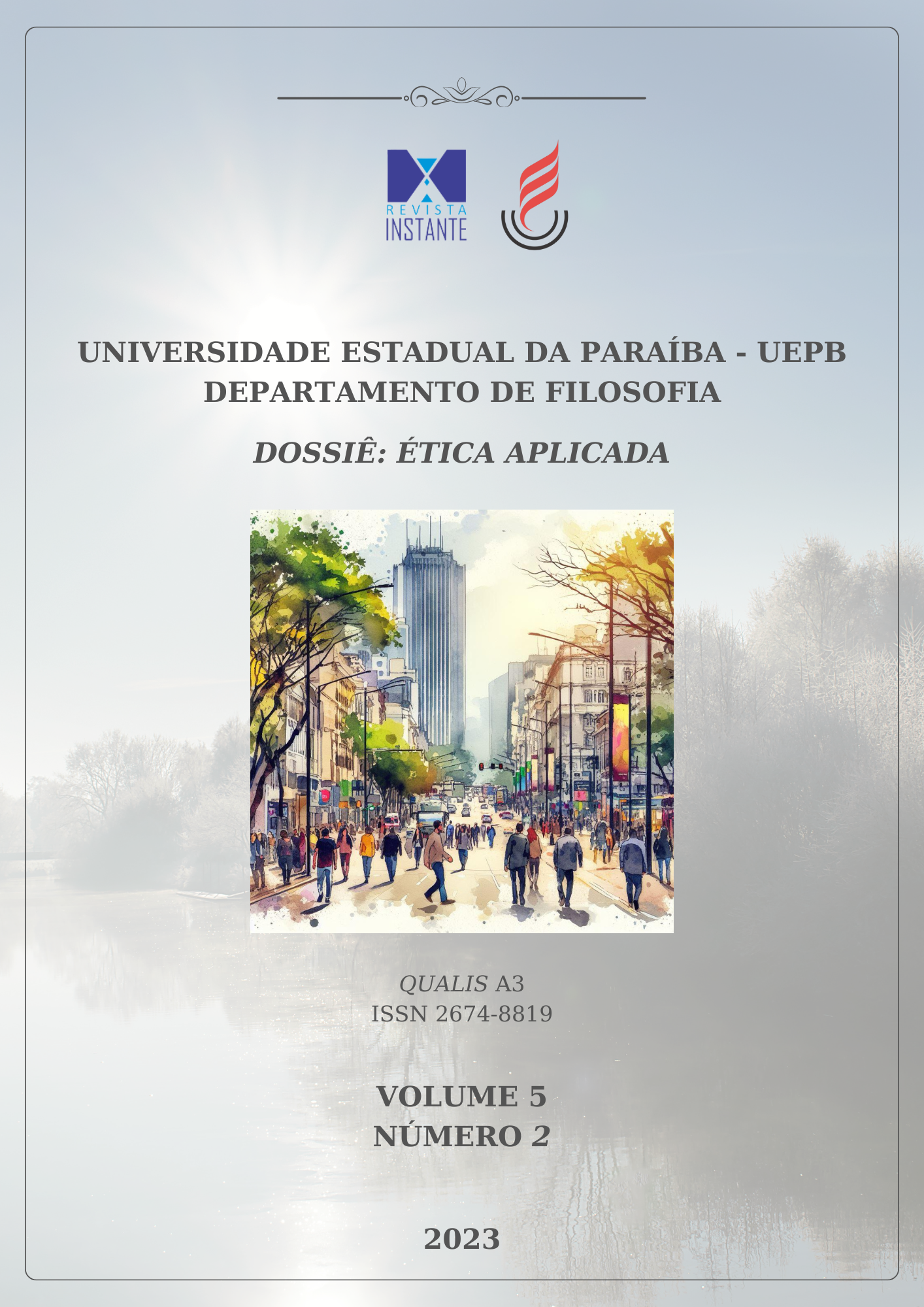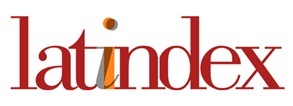ÉTICA APLICADA À INTELIGÊNCIA ARTIFICIAL:
INTERFACES COM A TEORIA DE MARTHA NUSSBAUM
Keywords:
PALAVRAS-CHAVE: Ética Aplicada. Inteligência artificial. Martha Nussbaum.Abstract
This article develops a systematic study of ethics applied to the realities in which artificial intelligence (AI) is inserted, in the light of Martha Nussbaum's philosophy, which focuses on human development and citizenship formation through capabilities. The author prescribes her theory based on Aristotelian ethics (Eudaimonia), which elaborates the notion of global citizenship, as part of training, so that it affects current democracies. The study identifies the points of connection between Nussbaum's ethics and AI by examining contemporary examples, in order to critically evaluate the implications for democratic societies. Therefore, analytical and bibliographical work was carried out, guided by the hypothesis that it is necessary for ethics applied to AI to be embedded in the field of political theory, due to the way it affects human action, thus being a theme strictly related to the defense of ethos democracy as a philosophical contribution regarding citizenship formation. It concludes by emphasizing the importance of the continuous relationship between ethics applied in the development of AI systems committed to human values and social well-being.
References
BARNES, Susan B. A privacy paradox: Social networking in the United States. First Monday, [S. l.], v. 11, n. 9, 2006. DOI: 10.5210/fm.v11i9.1394. Disponível em: https://firstmonday.org/ojs/index.php/fm/article/view/1394. Acesso em: 26 sep. 2023.
GANDY, O. H. The panoptic sort: A political economy of personal information. New York, NY: Westview Press, 1993.
HAGENDORFF, T. The Ethics of AI Ethics: An Evaluation of Guidelines. Minds & Machines, v.30, p.99-120, 2020. Disponível em: <https://doi.org/10.1007/s11023- 020-09517-8>. Acesso em 25 de setembro de 2023.
LUDERMIR, Teresa Bernarda. Inteligência Artificial e Aprendizado de Máquina: estado atual e tendências. Estudos Avançados, v. 35, p. 85-94, 2021.
MENDES, Vinícius. A economia política da inteligência artificial: o caso da Alemanha. Revista de Sociologia e Política, v. 30, p. e003, 2022.
MITCHELL, T. Machine Learning. S. l.: McGraw Hill, 1997.
NUSSBAUM, Martha C. A fragilidade da bondade: Fortuna e ética na tragédia e na filosofia grega. Trad. Ana Aguiar Cotrim. São Paulo: Martins Fontes, 2009.
______________. Nature, Function and Capability: Aristotle on Political Distribution, December 1987.
______________. Crear capacidades: propuesta para el desarrollo humano. Trad. MOSQUERA, Albino Santos Madrid, España: Paidós, 2012.
______________. Cultivating humanity: A classical defense of reform in liberal education. Londres, England: Harvard University Press, 1998.
______________. Sem fins lucrativos: porque a democracia precisa das humanidades. Tradução de Fernando Santos. São Paulo: Editora WMF Martins Fontes, 2019.
VIEIRA, Leonardo Marques. A problemática da inteligência artificial e dos vieses algorítmicos: caso COMPAS. In: Brazilian Technology Symposium. 2019.










